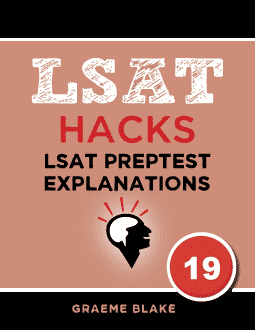DISCUSSION: I disagree with the emphasis of the correct answer choice, even though I still chose it. I’ll use this question as an example of how to solve a question you don’t fully agree with.
A, C and E are false. This should be the first test on a must be true question.
That left only B and D to choose from. D didn’t even mention Williams, who was a major part of the passage.
That left B. That answer does broadly get things right, I only disagree with the emphasis.
So by carefully eliminating wrong answers, it becomes easier to see which answer choice is best, even if you like none of them.
___________
- This isn’t true. In lines 30-31, we see that Eltis didn’t believe in the liberal interpretation.
- CORRECT. I don’t like this answer very much, but it’s the best there is. I would change the emphasis, and argue that the main point is: “Eltis and Drescher criticize Williams theory, though Williams is partly correct.” (Lines 58-62 show that Williams is partly right)
- The author never said whether Drescher or Eltis was more convincing.
- This is true, but the passage has talks about many other things. The main point is that Drescher and Eltis reinterpret abolition and partly support Williams theory.
- This isn’t true. Drescher disagrees with Williams entirely, and Eltis only partly supports him (lines 58-62).


Leave a Reply